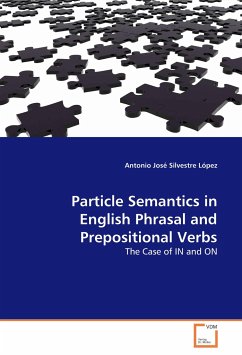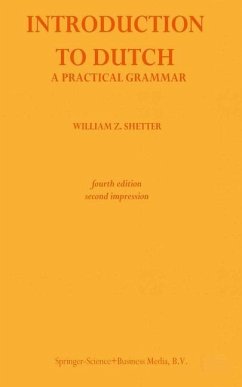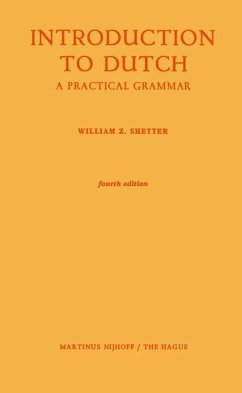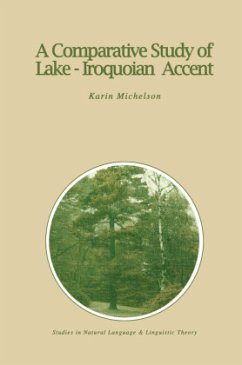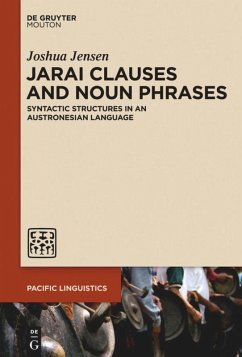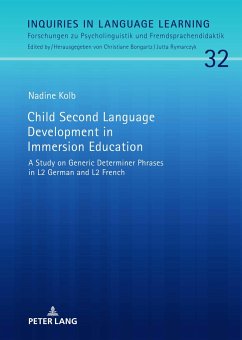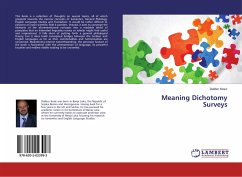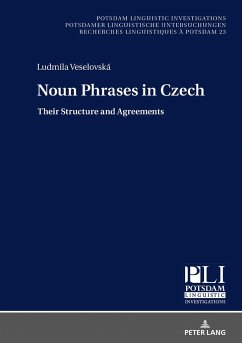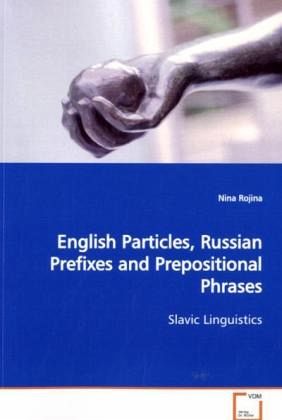
English Particles, Russian Prefixes and Prepositional Phrases
Slavic Linguistics
Versandkostenfrei!
Versandfertig in 6-10 Tagen
32,99 €
inkl. MwSt.

PAYBACK Punkte
16 °P sammeln!
This book is based on the research of verbal prefixesin Slavic languages and Germanic particles carriedout at Tromsø University under supervision of PeterSvenonius. It offers a comparative analysis of thesyntactic behavior of English particles and Russianprefixes in prepositional phrases. It concludes thatthese elements exhibit a lot of similarities andoccupy the same position in the syntactic structure.Apart from studying particles and prefixes, this workalso provides a thorough analysis of prepositionscross-linguistically, focusing mainly on Russian andEnglish. The research presents extensi...
This book is based on the research of verbal prefixes
in Slavic languages and Germanic particles carried
out at Tromsø University under supervision of Peter
Svenonius. It offers a comparative analysis of the
syntactic behavior of English particles and Russian
prefixes in prepositional phrases. It concludes that
these elements exhibit a lot of similarities and
occupy the same position in the syntactic structure.
Apart from studying particles and prefixes, this work
also provides a thorough analysis of prepositions
cross-linguistically, focusing mainly on Russian and
English. The research presents extensive data on
Russian prefixed verbs and prepositions which are
further correlated to English particles. It is
written in a clear language and meant for an
audience with some knowledge of linguistics.
in Slavic languages and Germanic particles carried
out at Tromsø University under supervision of Peter
Svenonius. It offers a comparative analysis of the
syntactic behavior of English particles and Russian
prefixes in prepositional phrases. It concludes that
these elements exhibit a lot of similarities and
occupy the same position in the syntactic structure.
Apart from studying particles and prefixes, this work
also provides a thorough analysis of prepositions
cross-linguistically, focusing mainly on Russian and
English. The research presents extensive data on
Russian prefixed verbs and prepositions which are
further correlated to English particles. It is
written in a clear language and meant for an
audience with some knowledge of linguistics.



